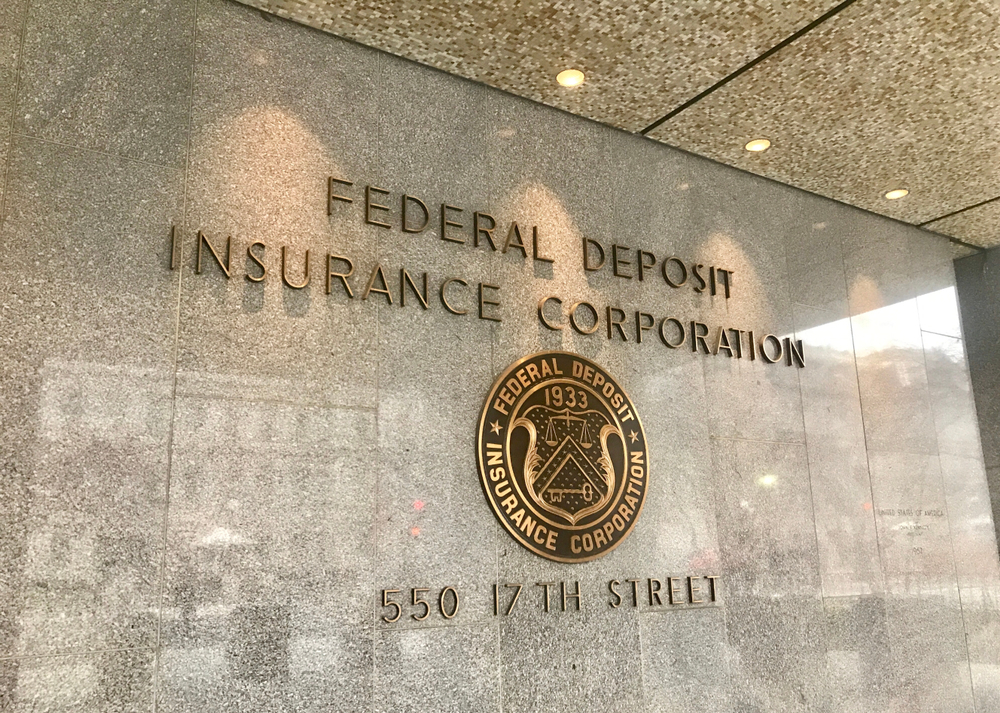Financial regulators from Texas and Alabama, USA, have issued a cease and desist order to a virtual casino firm after they alleged that it was selling unlicensed securities which represents a fraudulent act.
Were They Selling Unlicensed Securities?
The two security regulators claimed that Martin Schwarzberger and Finnruben Warnke (co-founders of Sand Vegas casino) had sold more than 11K NFTs, unlicensed securities to the public. While the co-founders aimed to establish online casinos in the metaverse, they chose a fraudulent way to make that happen. The Texas security regulator further alleged that Schwarzberger and Warnke never revealed to buyers that they were selling unlicensed tokens as securities.
The regulator also said that the co-founders promised each buyer up to $81K yearly ROI, saying that each ‘investor’ would be entitled to a certain percentage of the casino’s profits in the metaverse. Per Reuters, one of the co-founders has revealed that they are already taking the proper steps to address the situation with the SEC and the states’ financial watchdogs. He added that “we are strongly convinced that we can settle the matter with the regulators and even create a pathway that other NFT projects can emulate.”
Making A Case To Probe Metaverse-Related Projects
It is the first time financial regulators would issue a cease and desist order to any metaverse-related project or company. Also, it gives the financial watchdogs a motive to crack down on the use of NFTs. A few weeks ago, US authorities also arrested two men accused of conning NFT buyers to the tune of $1.2m. While the amount involved in this case isn’t a big issue, actions from state financial watchdogs are often of considerable interest to the federal financial watchdogs.
Despite the huge spike of interest in NFTs, the US authorities are yet to issue any policy on whether NFTs should be regarded as securities. A top-level executive of OpenSea (the biggest NFT platform globally) added that their platform had to restrict transactions on Sand Vegas tokens as their collections didn’t conform with “our terms and conditions.”
One Texas state securities board member, Joe Rotunda, claimed that the agency has identified several illegal metaverse offerings and would start taking appropriate action soon. While speaking with Reuters, Rotunda said, “we want to ensure that we have all our facts right before issuing any allegation or making any arrests. Hence, we have involved the state regulators in our plans already.”
The actions of the state regulators can’t be considered as far-fetched given the high rate of hacks and frauds in the crypto and metaverse space recently. For instance, Axie infinity had to delay its proposed Ethereum NFT game upgrade following an attack on the Ronin network on which the game was built. Hackers made away with $650M worth of digital assets during the network attack. While the perpetrators have not yet been brought to book, the network announced it would recover the funds no matter how long it takes.







